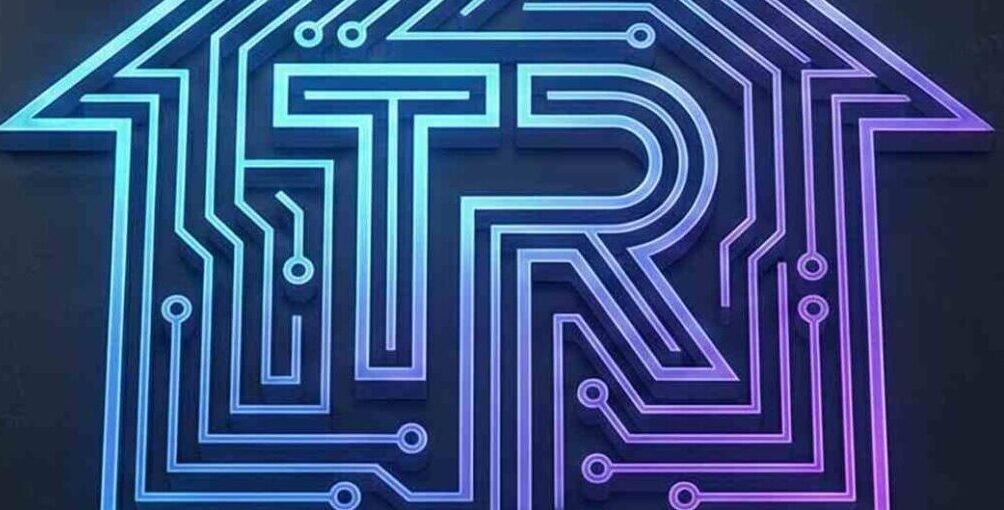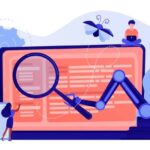The world of software development and deployment has evolved drastically over the last few years with the advancements in technology and modern-day languages. Especially since the emergence of the COVID-19 pandemic, the pace of software development has increased as more businesses focus on software solutions to meet customer demands, improve employee efficiency and enhance business productivity.
This transformation of software development has made it imperative for software testing to adhere to the continuous integration, continuous testing, and continuous delivery demands set by software developers. Therefore, several enterprises have abandoned the existing traditional software testing approach and have started to implement a more innovative automation testing methodology. Artificial Intelligence (AI) is one such revolutionary technology that has altered the testing process and helped testers meet the crucial needs of software development.
How Artificial Intelligence (AI) Has Enhanced Software Testing
As mentioned in the beginning, the COVID-19 pandemic has widely accelerated the demand for software applications as more businesses and individuals have started adopting digital solutions. From contactless payments to e-commerce stores and remote employee management solutions, digital transformation has been embraced this year like never before. Since more businesses have witnessed the significant impact of digitization, the acceptance of digital solutions will only increase more even in the post-pandemic era.
Software developers that leveraged AI and ML across their product development life cycle have witnessed more faster and continuous releases in high-quality applications. AI helped enterprises overcome the challenge of resource unavailability and remote working because, with automation, the need for human or manual intervention decreased significantly.
Subsequently, smart AI-driven software testing improved ROI, decreased time to market, optimized testing costs, and provided more reliable solutions. The fact that AI test algorithms could simulate human intelligence and help auto-generate test case scenarios, enabled software development companies with a much better alternative to manual testing. It has been exceptionally integrated into various domains of product engineering, as algorithms were now being developed using robotic process automation (RPA), machine learning (ML), computer vision, cognitive intelligence, Natural language processing (NLP), etc. And interestingly, all these are a part of artificial intelligence (AI) technology.
The Need for AI Bot In Software Testing?
For large enterprises that deploy several software solutions a month, efficient testing and quality analysis could be a bottleneck that reduces the effectiveness of software delivery. With traditional software testing, companies face a significant lack of automation capability, inefficient test tools, test case backlogs, appropriate resource constraints, and the inability to put best practices into action consistently are some of the primary reasons. AI-based bots sought to solve this fundamental problem faced by enterprises with crawlable, interactive, and efficient bots that make testing faster and simpler. Nowadays, software solutions are increasingly complex and tend to implement innovative features and even multiple languages in coding, such as microservice applications.
The Artificial Intelligence (AI) bot integrations can speed up time to market and run complete defect analysis all throughout the application in every module. It can also act as an AI Chatbot that is used to mimic human conversation or chat with software developers, testers, and clients through AI. These AI’s function like humans to ensure that processes are precisely streamlined to save time and expense.

Artificial Intelligence and bots can go beyond customer expectations and can take reliable software testing to a completely innovative level. Some of the other functionalities of AI bots are mentioned below.
7 Functionalities of AI Bots
1. Migration Bot
Sometimes during the test automation process, QA teams will have to migrate their source framework assets to target framework assets. This can be a time-consuming process and would require manual intervention. But with the implementation of AI bots, this process can be automated as bots can identify target framework assets and transfer all the source assets precisely.
2. Test Optimization Bot
The test optimization AI bot can de-duplicate, componentize and optimize the comprehensive test quality using artificial intelligence and machine learning technology.
3. Test Execution Environment Bot
These AI bots can automatically set up and configure continuous integration and test execution environments without the need for any human intervention.
4. Framework Setup Bot
Testers need to set up appropriate frameworks to conduct tests of software solutions. With AI bots, they will no longer have to do it manually as the AI bots can identify appropriate project environments and creating a necessary template out of the box.
5. Results Analyzer Prediction & Prescription
With these AI bots, testers can automatically analyse results, automate error bucketing, test performance analysis, and remediation.
6. Predictive QA Bot
The Predictive QA Bot, as the name indicates can predict future defects in a software application and recommend appropriate action based on historical data.
7. Validation Bots
These bots can analyse and validating network protocols, security requirements, or certifications to ensure that the application has met all coding standards, test execution status, and data separation rules.
Conclusion
AI-based bots and auto-generated test scripts have delivered customer satisfaction by empowering flawless applications that are 100% error-free and efficient. It has also allowed the agile and DevOps teams to work together in the software development life cycle (SDLC), thus ensuring that all errors are identified and corrected accurately from the beginning of the project itself. AI bots can be seamlessly integrated into test automation services and can interact with the software just as the developer would need it. These bots are the future of testing services and can ensure that client requirements are delivered, and codes are well optimized.
Author Bio:

Ricky Philip is an industry expert and a professional writer working at ThinkPalm Technologies. He works with a focus on understanding the implications of new technologies such as artificial intelligence, big data, SDN/NFV, cloud analytics, and Internet of Things (IoT) services. He is also a contributor to several prominent online publishing platforms such as DZone, HubSpot and Hackernoon.
Discover more from TechResider Submit AI Tool
Subscribe to get the latest posts sent to your email.



